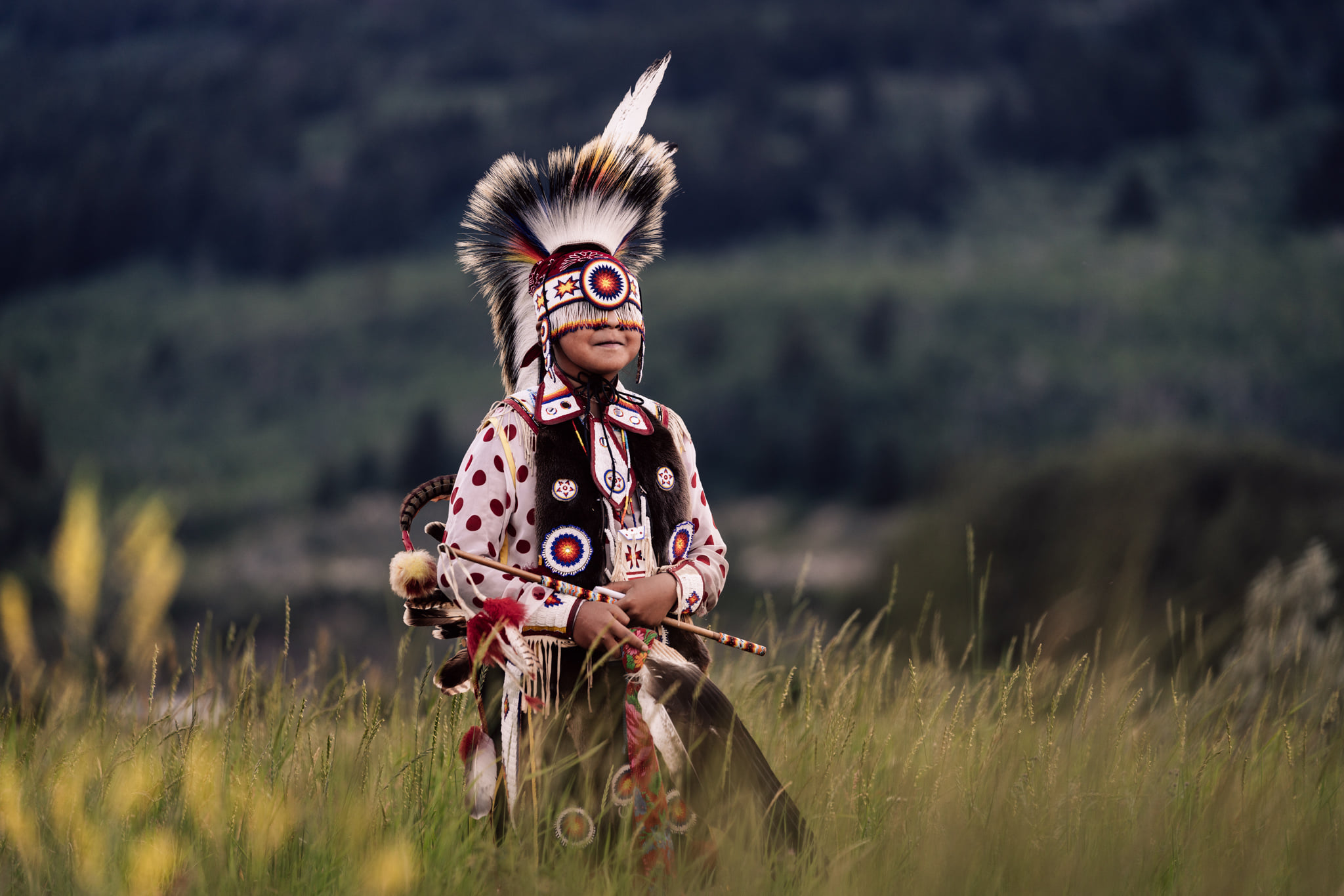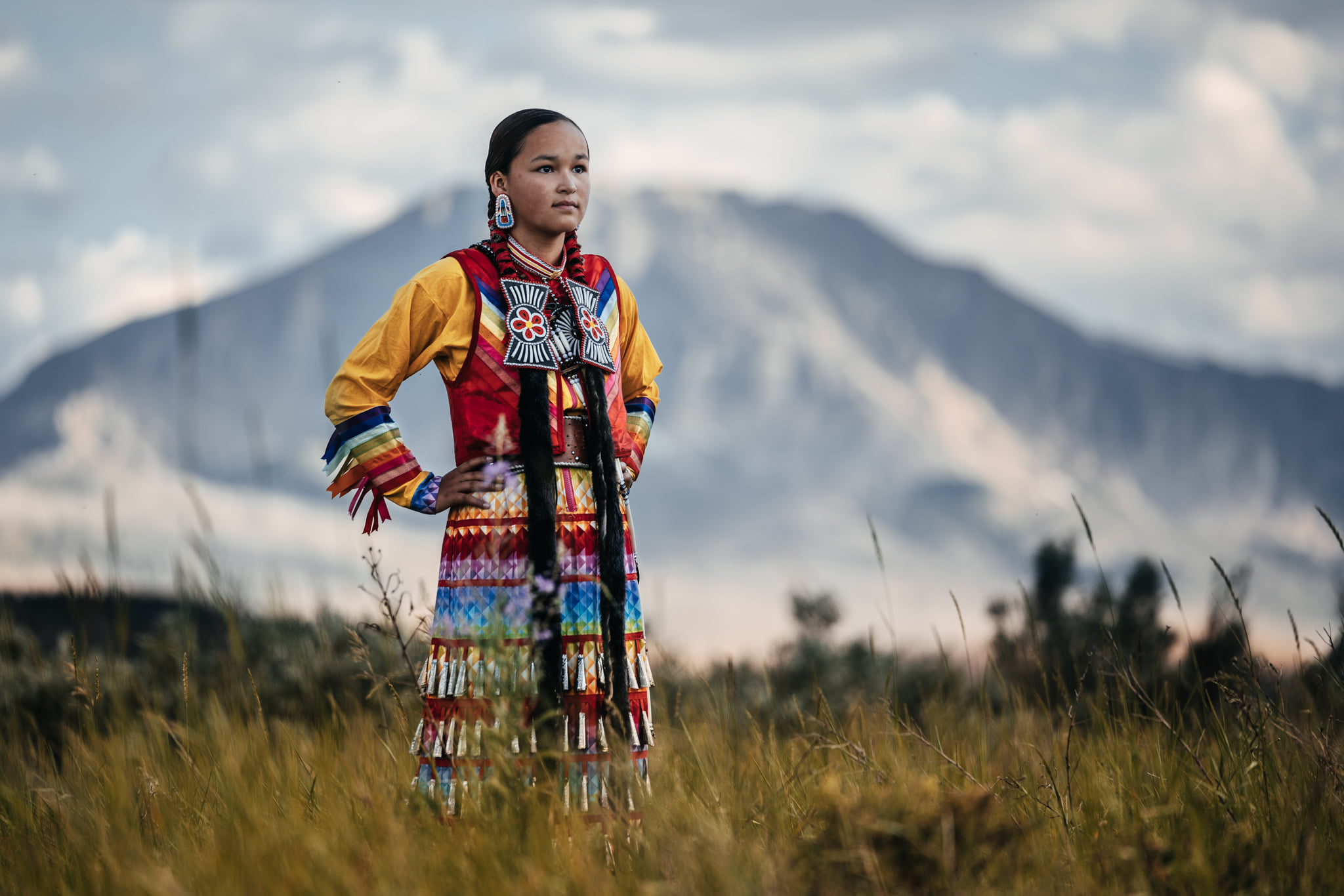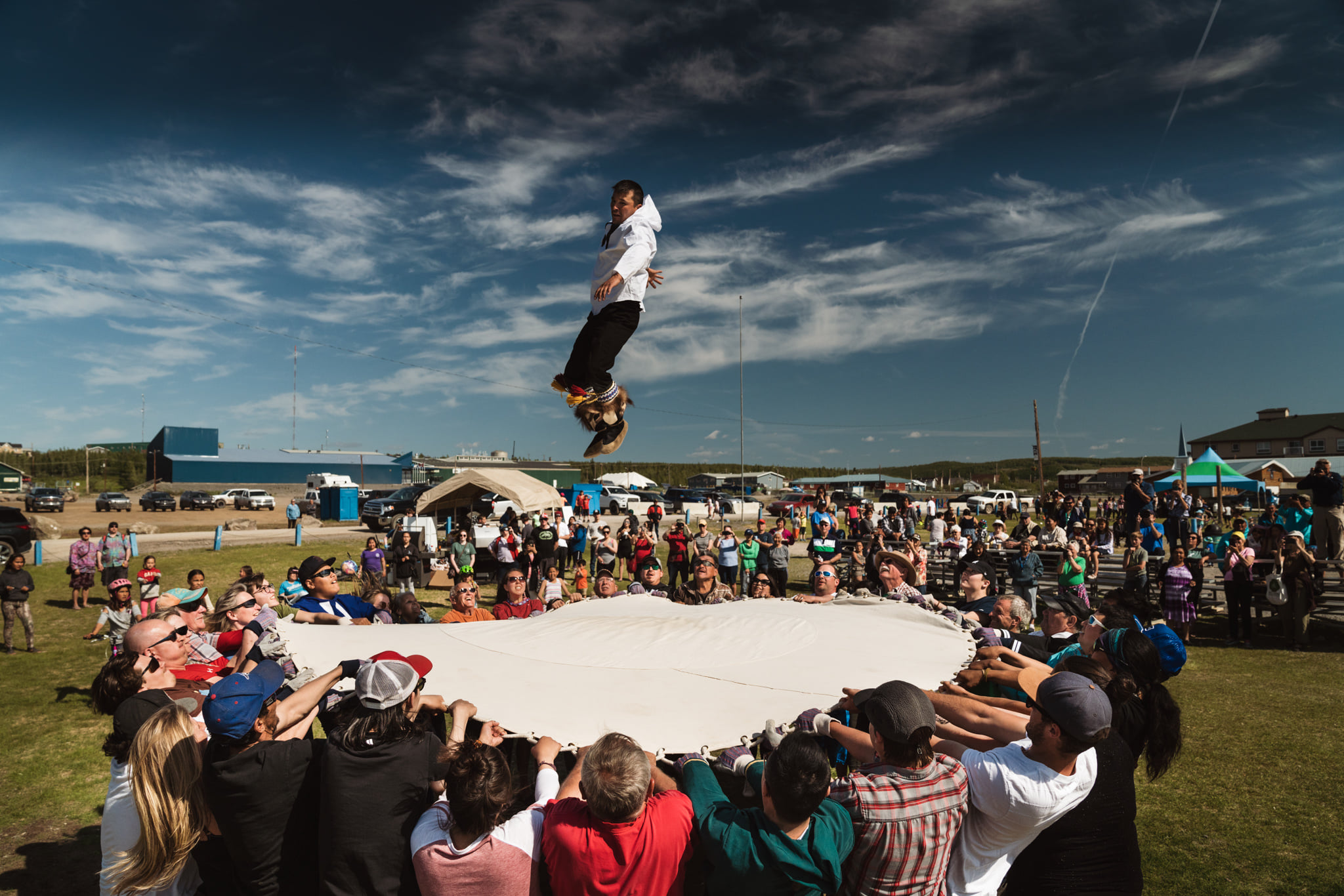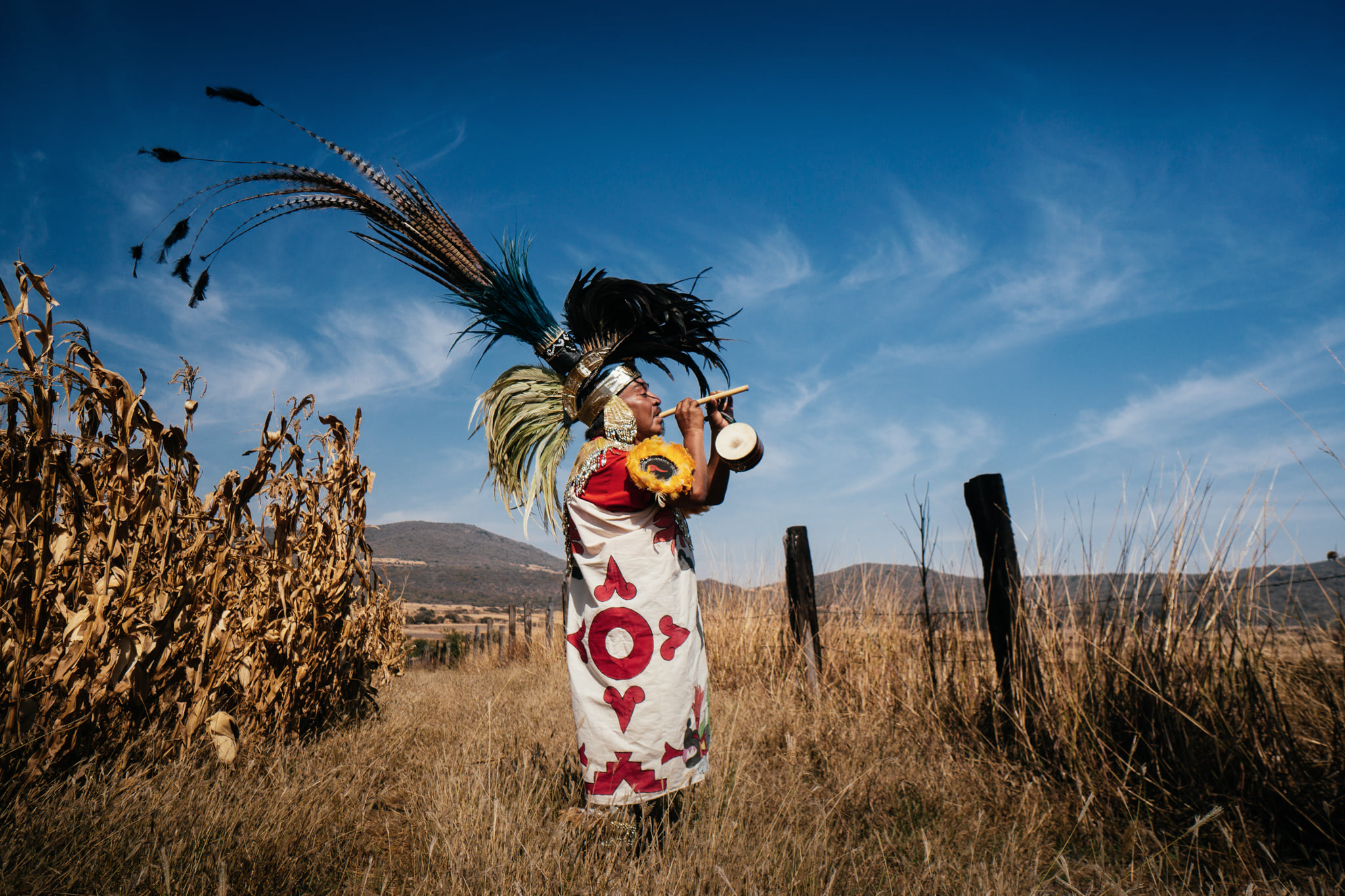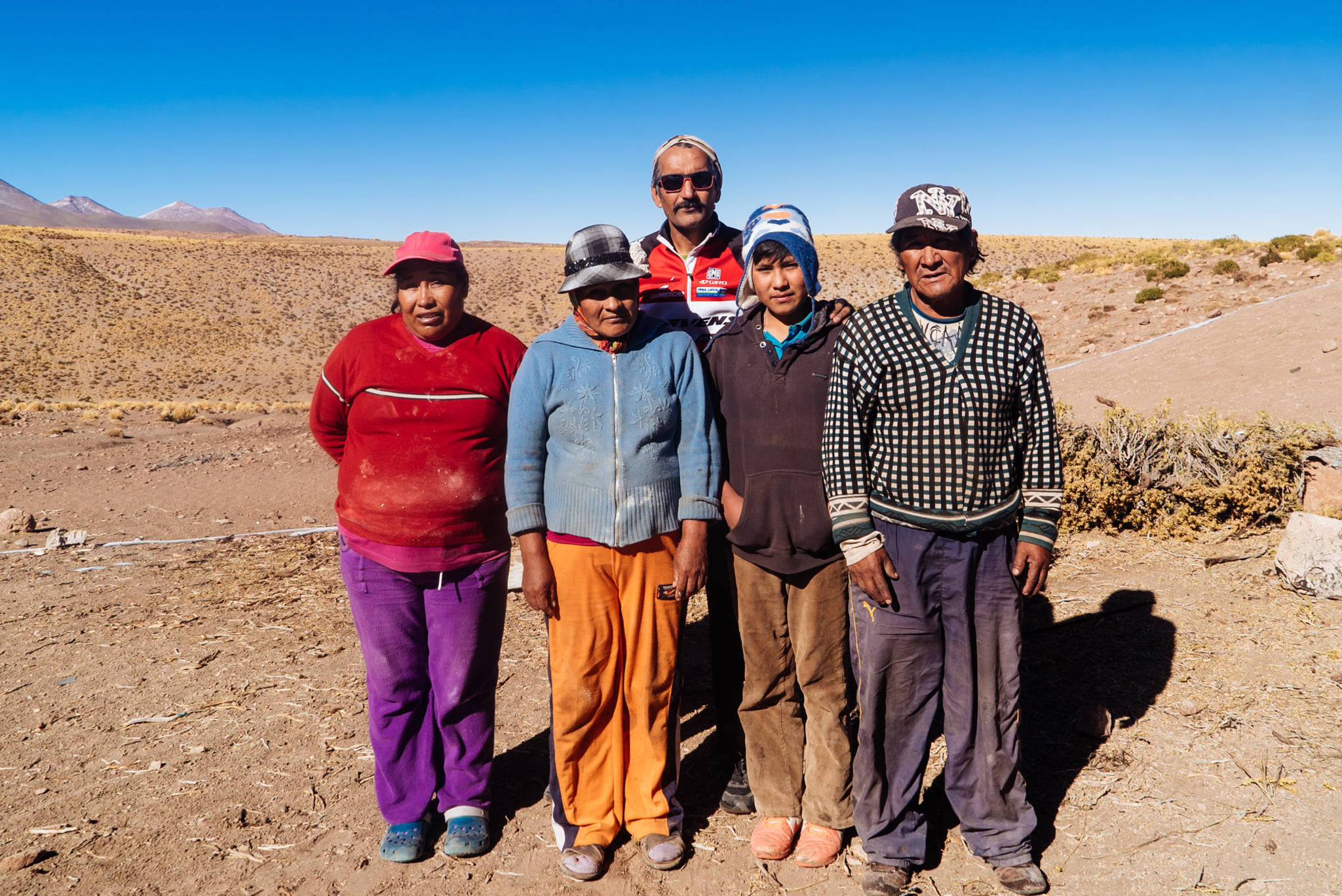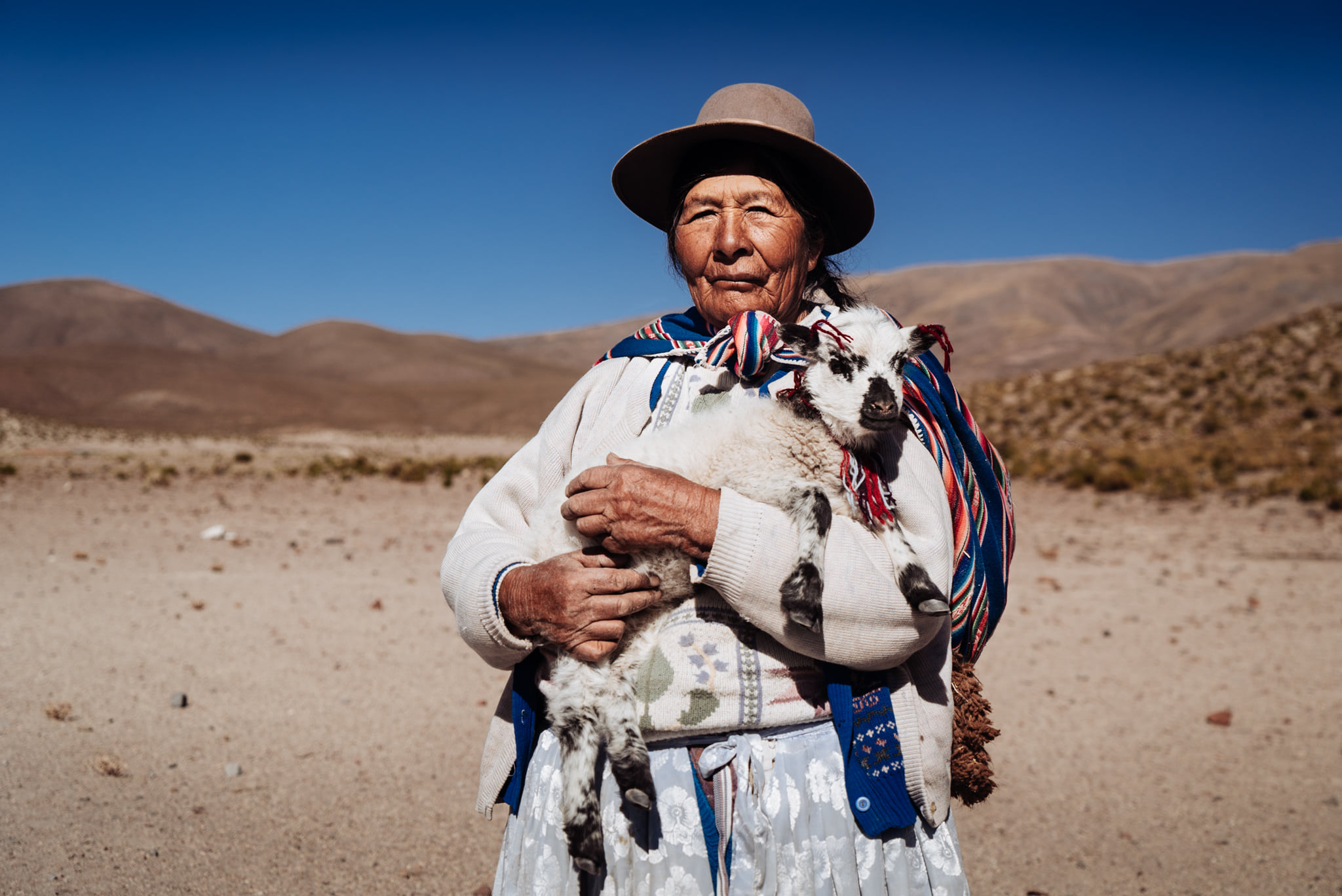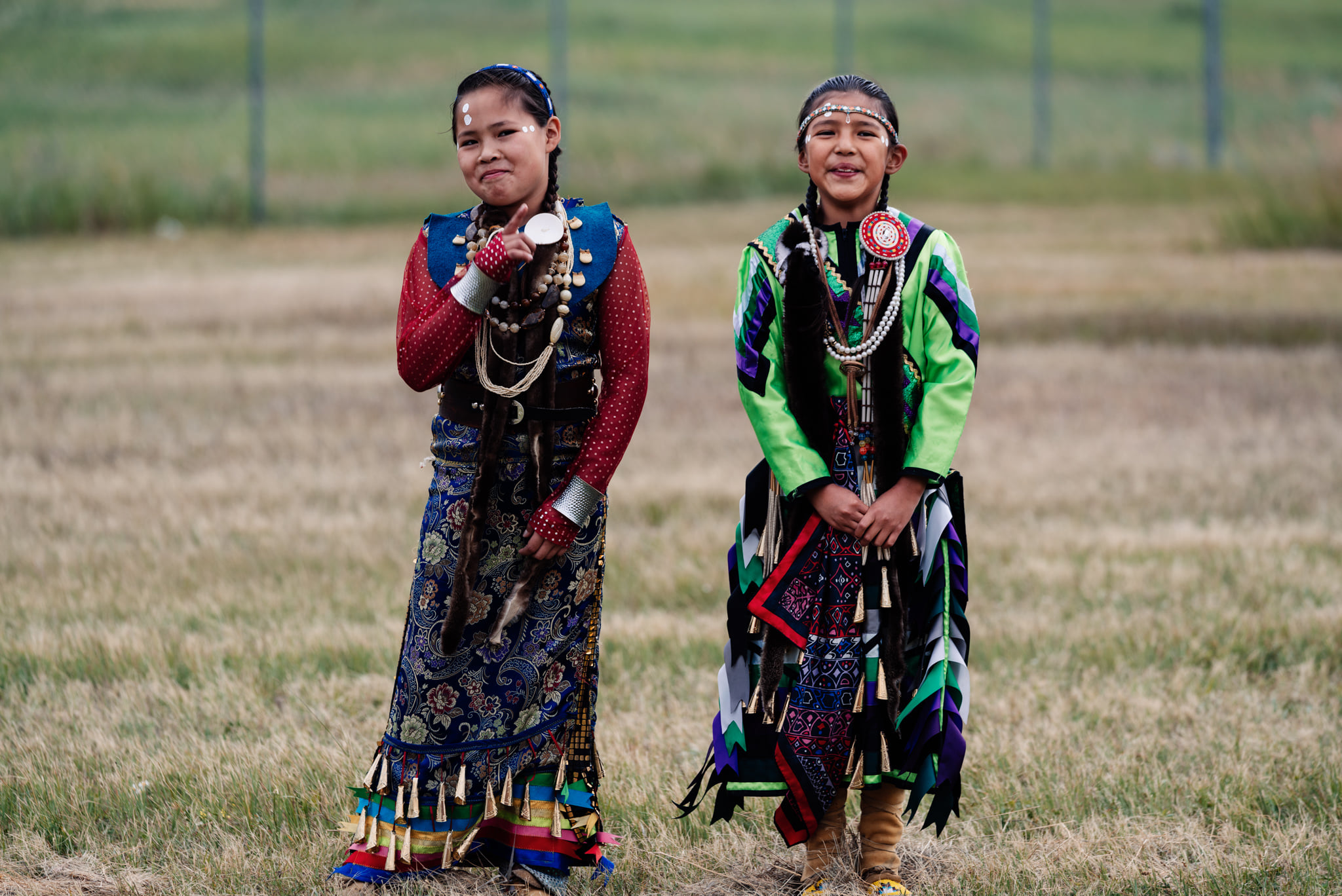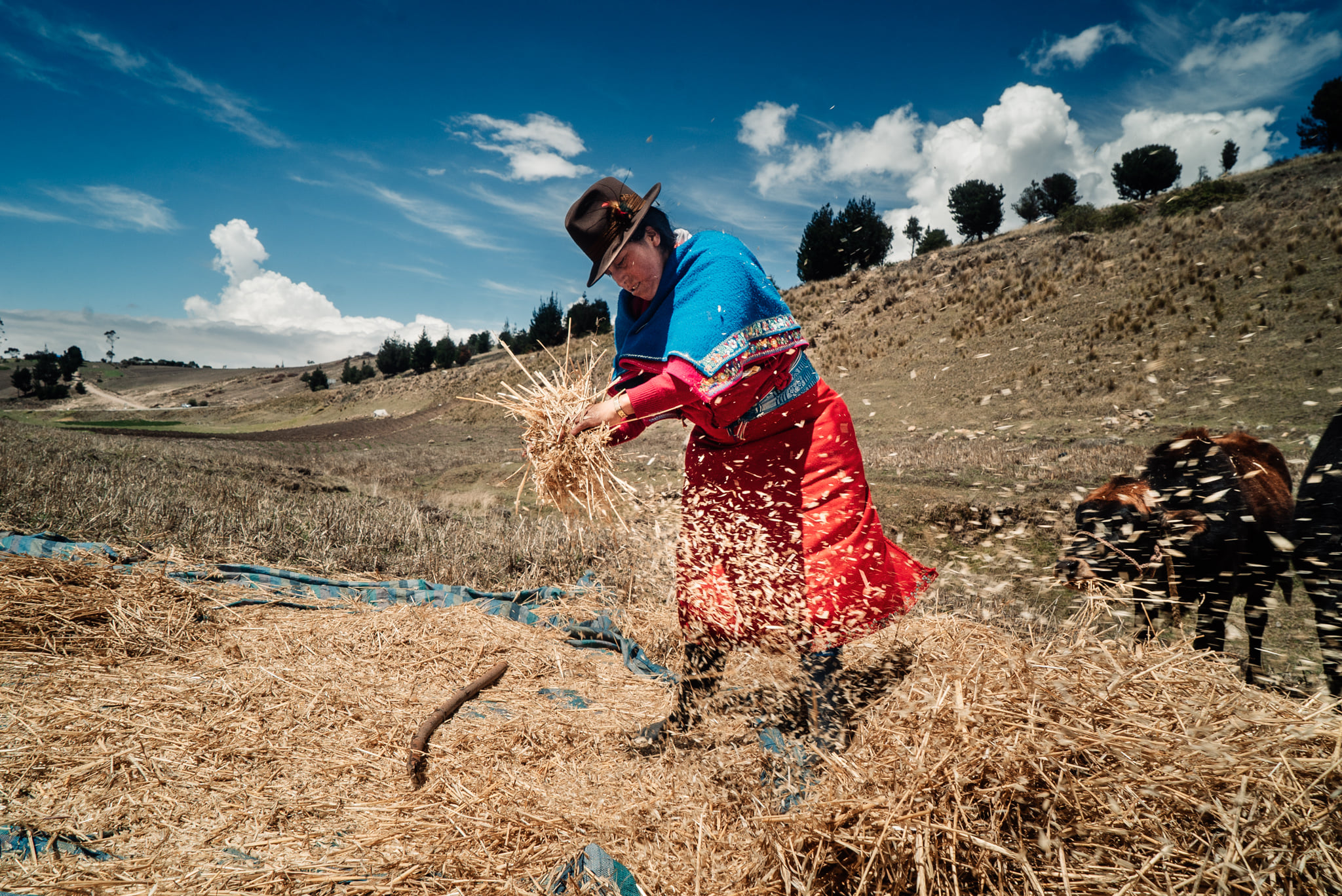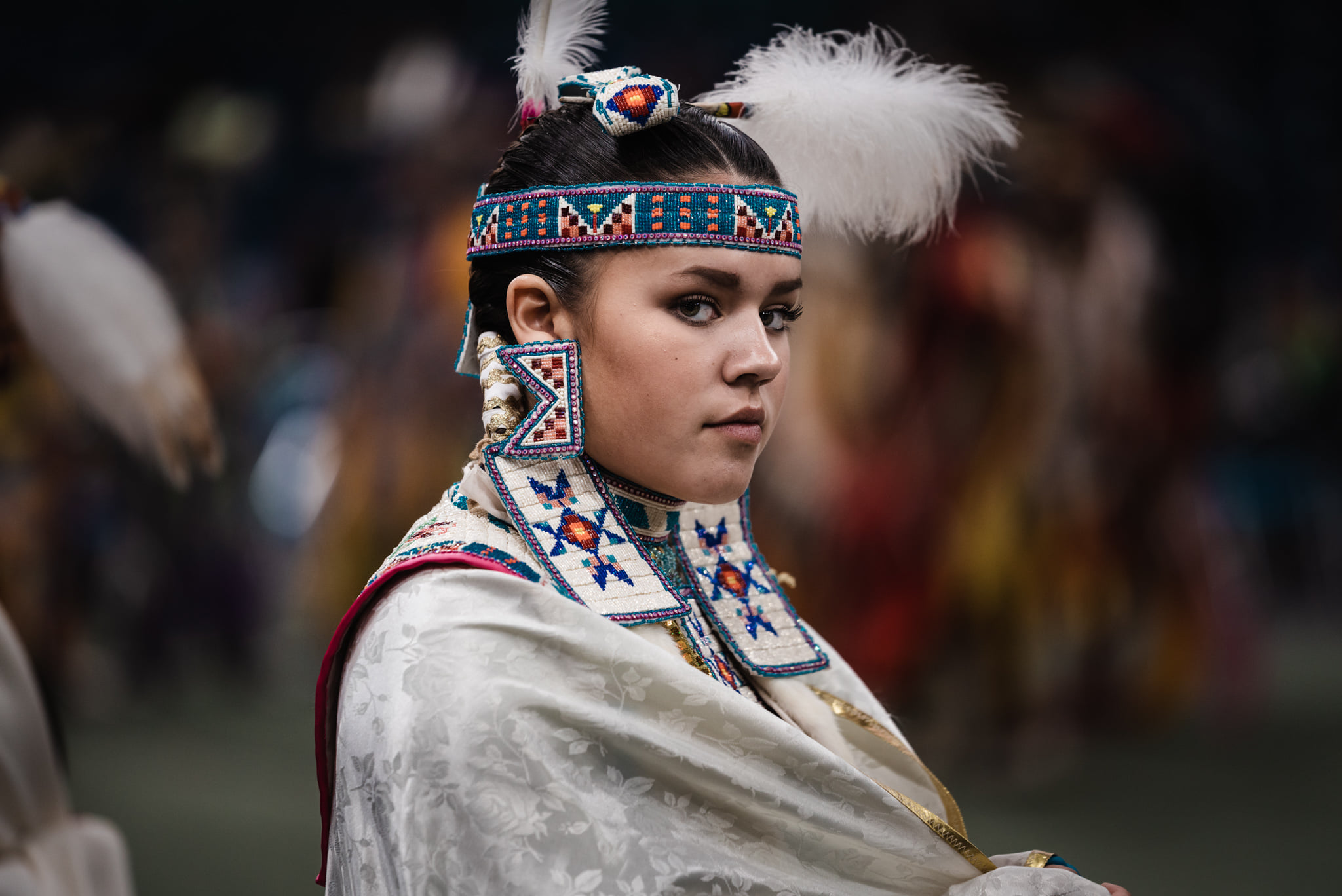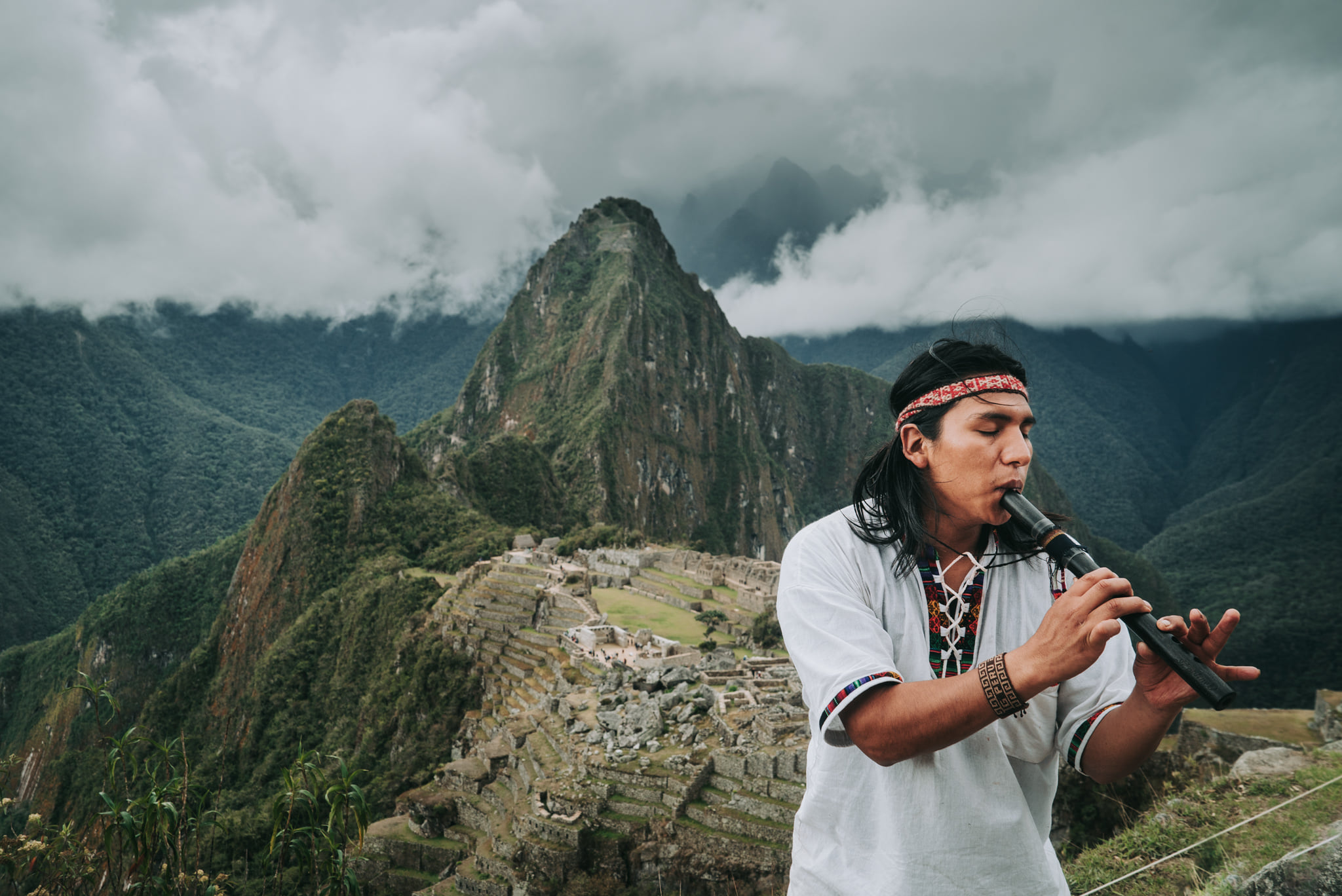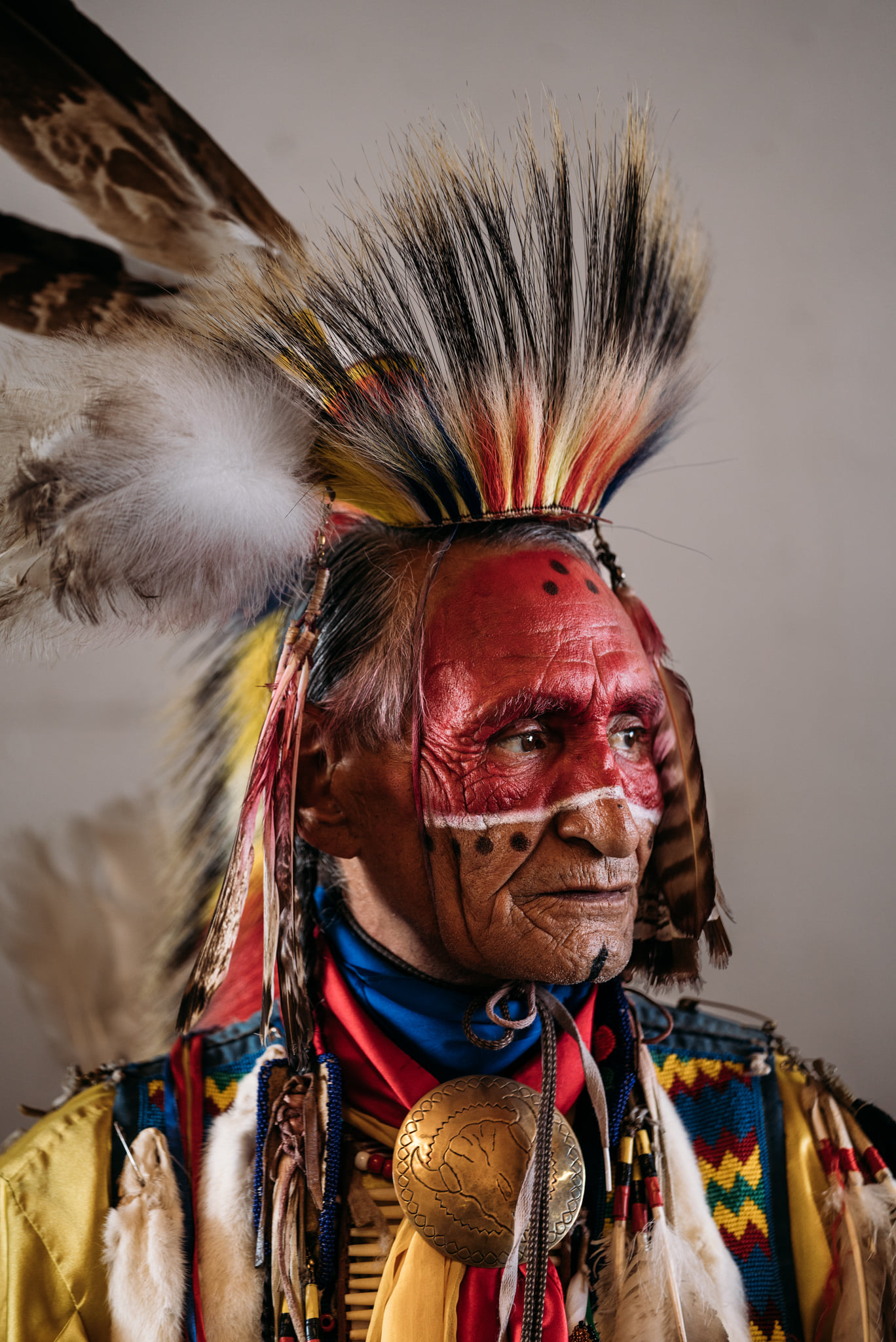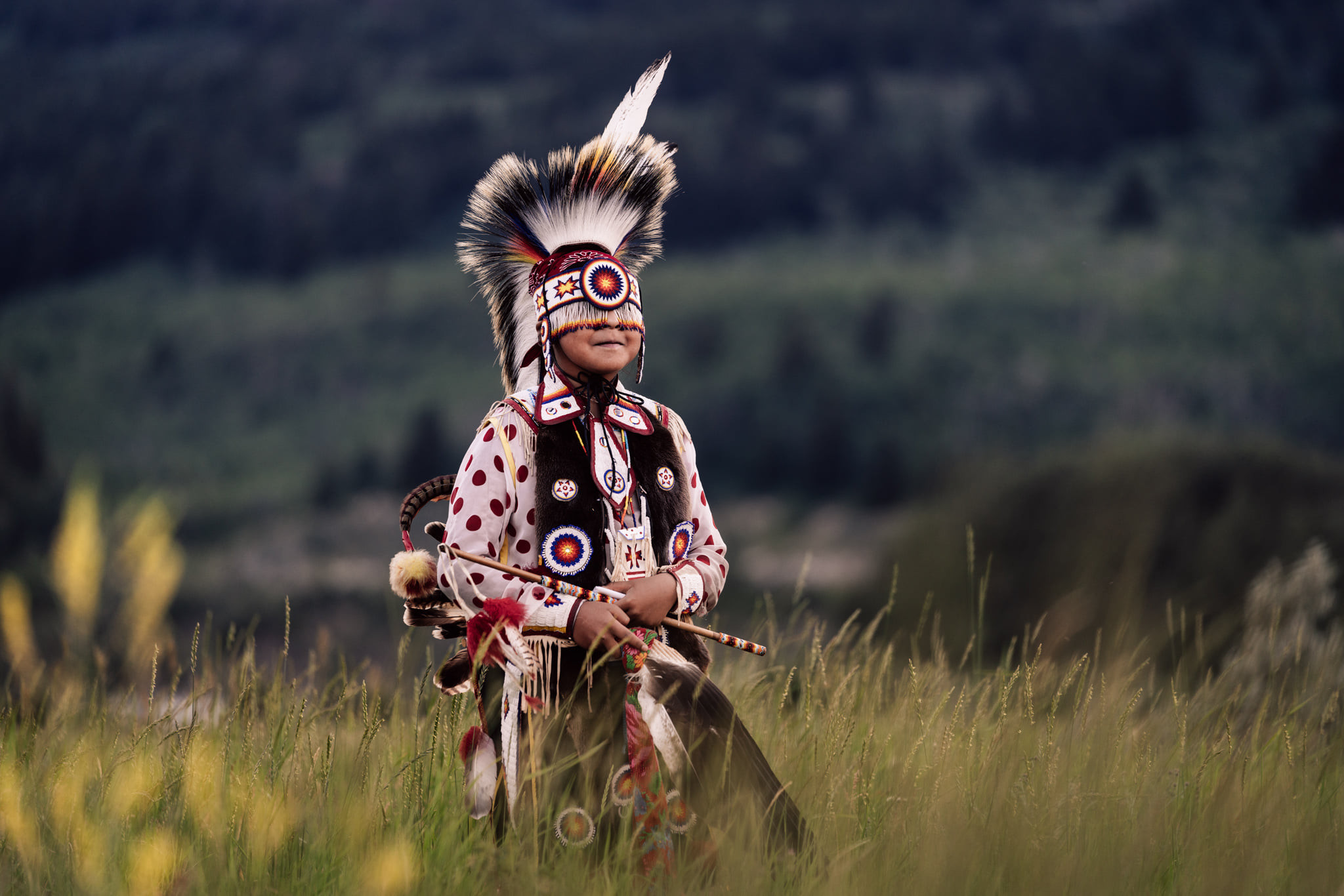Today is the International Day of the World’s Indigenous Peoples!
When the European colonizers arrived in the Americas, the indigenous population was diminished by 80–90% within the first few centuries mainly due to epidemic diseases the new settlers had brought with them. The colonizers destroyed indigenous empires and butchered natives to capture gold and land. The natives suffered a population decline with some communities even becoming extinct.
The colonizers forbade aboriginal languages and traditional ceremonies and went on to forcibly convert natives into Catholics. They established a caste system which ranked people with whiter skin and a higher degree of Spanish blood superior, and people with indigenous blood and darker skin, inferior.
In North America, natives were forced to reserves. They couldn’t vote and needed a permit to leave. Child foster care system, residential schools, and other state policies were imposed to “to kill the Indian in the child!” Many languages, oral history, traditions and ancestral knowledge were lost forever. Even today, the indigenous population remains vulnerable. Missing indigenous women is a big issue.
Despite all that, positive change, albeit slow, is happening. The newer generation of native peoples is standing up for their rights. They are learning ancestral languages, songs, dances and traditions, and reclaiming indigenous identity.
One thing I have found common among all natives from the tip of South America to the North is their connectedness to the land, which they call the mother earth. It is sacred to them as it bears all life. Their songs and dances describe elements of nature. They tell stories of how ancestors used to live off the land. Birds and animals are characters in them who speak and guide humans. These stories and the indigenous way of life had a profound effect on me and helped me develop a deeper connection with nature. The mother earth is no longer a static thing, but a living and breathing entity upon which our survival depends. We all must respect it and if we want to take something from it, we ought to give something back to it.
Happy International Day of the World’s Indigenous Peoples!
